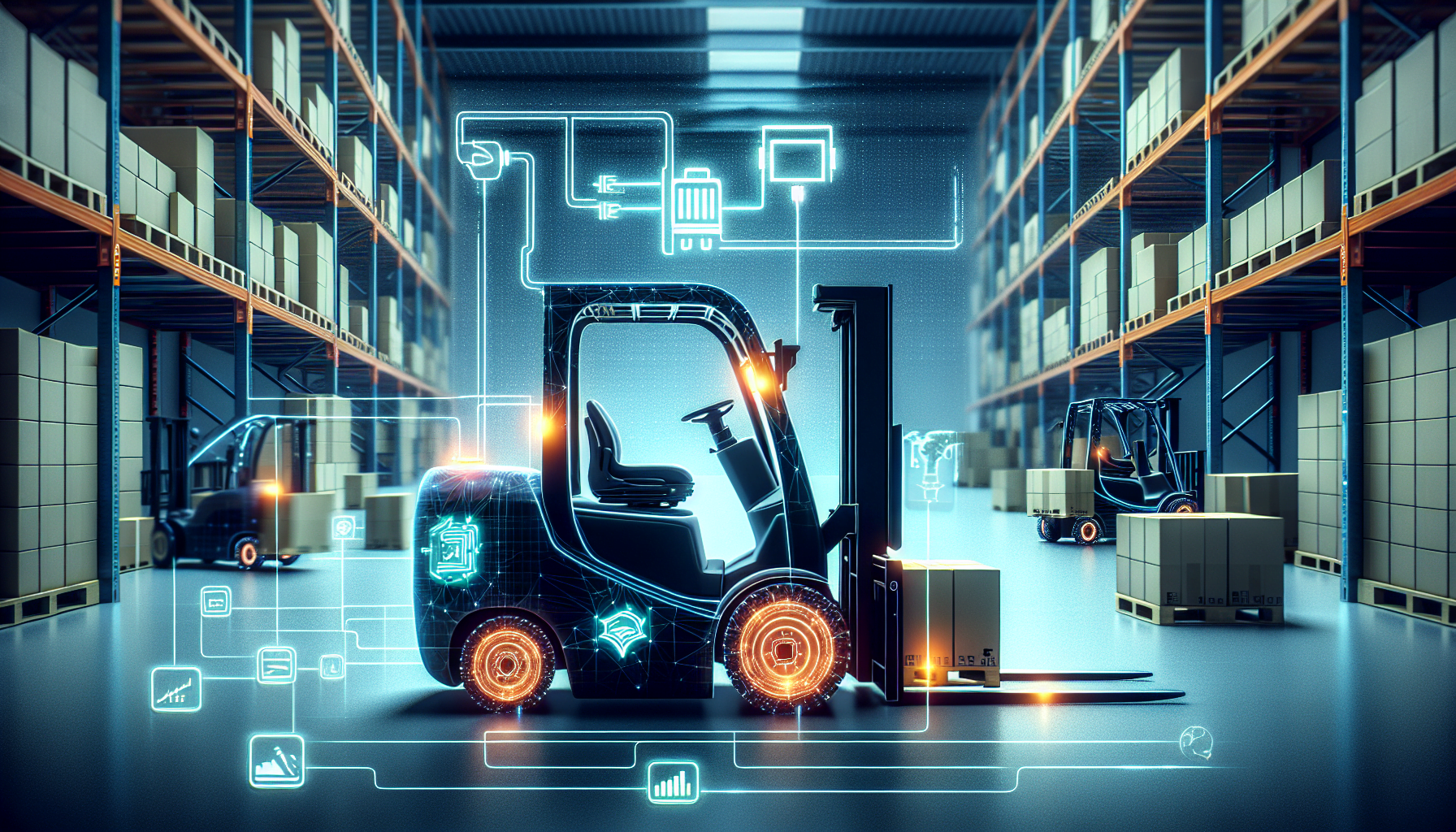When it comes to optimizing warehouse operations, there are various factors that need to be considered. One crucial aspect that often gets overlooked is the impact of forklift battery technology on logistics. Forklifts play a critical role in warehouse operations, and ensuring they have the right power source is essential for maximizing efficiency and productivity. In this article, we will explore the significance of forklift battery technology and how it can enhance warehouse operations.
The Evolution of Forklift Batteries
Forklift battery technology has come a long way over the years, evolving from traditional lead-acid batteries to more advanced options. Lead-acid batteries have been the standard choice for forklifts for many decades. While these batteries have served their purpose, they come with certain limitations. They can be bulky, require regular maintenance, and have a limited lifespan.
However, advancements in technology have introduced more efficient and sustainable alternatives. Lithium-ion batteries, for example, have gained popularity in recent years due to their numerous advantages. These batteries are lighter, have a longer lifespan, and require less maintenance compared to traditional lead-acid batteries.
One of the key advantages of lithium-ion batteries is their fast charging capabilities. Unlike lead-acid batteries that can take hours to recharge, lithium-ion batteries can be charged in a fraction of the time. This significantly reduces downtime and allows forklift operators to keep their machines running consistently.
The Impact on Efficiency and Productivity
The choice of forklift battery technology can have a significant impact on overall efficiency and productivity within a warehouse setting. With traditional lead-acid batteries, forklift operators often have to plan their work around battery charging schedules. This means taking breaks and waiting for batteries to charge before they can resume their tasks.
On the other hand, lithium-ion batteries enable forklifts to be in operation for a longer duration of time. Their fast-charging capabilities and longer run-time mean that operators can work continuously without having to interrupt their tasks to recharge their batteries. This leads to increased productivity as it eliminates unnecessary downtime and allows for more work to be completed in a shorter period.
In addition to improving productivity, the use of advanced forklift battery technology can also enhance overall safety within the warehouse. Lead-acid batteries are known to release harmful gases during charging and require special ventilation systems to maintain a safe working environment. Lithium-ion batteries, on the other hand, are cleaner and do not emit harmful gases. This creates a safer working environment for forklift operators and other warehouse personnel.
Cost-Effectiveness and Sustainability
While the initial investment for lithium-ion batteries may be higher compared to lead-acid batteries, their long-term benefits make them a cost-effective solution. Lithium-ion batteries have a longer lifespan, which means they require less frequent replacements. This reduces maintenance and replacement costs in the long run.
Lithium-ion batteries are also more energy-efficient compared to lead-acid batteries. They have a higher energy density, which means they can provide more power for a longer period of time. This increased energy efficiency contributes to cost savings in terms of energy consumption.
Furthermore, the use of lithium-ion batteries aligns with sustainability goals. These batteries are recyclable, making them an environmentally friendly choice. In contrast, lead-acid batteries contain toxic chemicals that can be harmful to the environment if not disposed of properly.
Overall, the adoption of advanced forklift battery technology has the potential to revolutionize warehouse operations. It improves efficiency and productivity by minimizing downtime, enhances safety by reducing harmful emissions, and offers long-term cost savings. At HCO Innovations, we understand the importance of optimizing warehouse operations and offer cutting-edge solutions for forklift fleet power management. To learn more about our services, visit our website.

